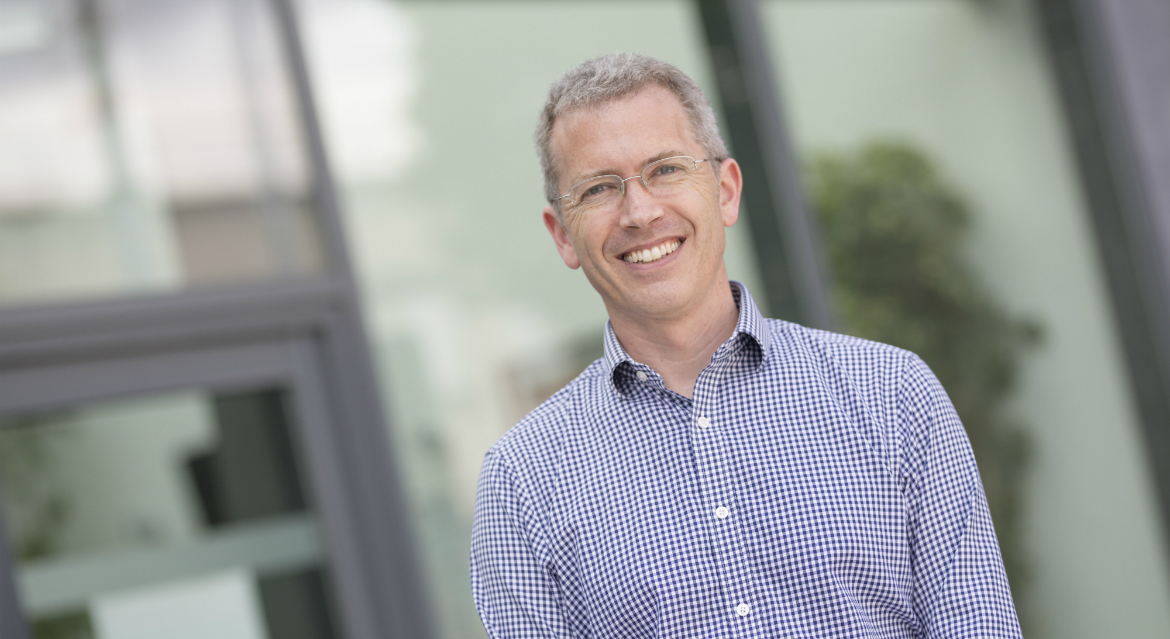European diabetes award for Dundee Professor
Published On Fri 15 Sep 2017 by Roddy Isles

One of the major prizes in Europe for research in diabetes has been awarded to Professor Ewan Pearson, of the University of Dundee.
The European Association for the Study of Diabetes (EASD) gave the 2017 Minkowski Prize to Professor Pearson at their annual meeting in Lisbon. The prize recognises research contributing to the advancement of knowledge concerning diabetes.
Professor Pearson, Chair of Diabetic Medicine at the University of Dundee, received a monetary award and delivered the 52nd Minkowski Lecture at the 53rd EASD Annual Meeting.
“I am honoured to receive the Minkowski Prize and to join the list of names who have received this award over the past fifty years,” said Professor Pearson.
Much of Professor Pearson’s research focuses on the role `precision medicine’ can play in treating diabetes.
“People are all different, and this is no different when we consider people with diabetes, yet the current approaches to management of diabetes tend to treat everyone the same,” he said.
“The field of precision medicine aims to recognise these differences. Faced with multiple, and increasing, treatment options for diabetes as well as increasing healthcare costs there is a clear need to target therapy to maximise benefit and reduce harm for every patient with diabetes.”
Over the last decade, Professor Pearson’s research has established that an individual’s genetic profile can have a dramatic impact on targeting patient care.
“We see examples of this even with metformin, the most commonly used diabetes drug in the world,” he said. “Around 200 million people are being prescribed this treatment that has been used for over 60 years, yet we still don’t know how it works.
“We have used the genetics of how people respond to metformin to reveal novel mechanisms for this old drug. We have also identified that 8% of the population are genetically prone to develop gastrointestinal side effects with this drug – a major limitation adverse effect of metformin.
“There is increasing evidence that genetic and other molecular and clinical characteristics will impact on treatment outcomes for diabetes. The exciting challenge now is how we incorporate this information into clinical care and establish that this improves patient outcomes.”
For media enquiries contact:
Roddy Isles
Head of Corporate Communications
University of Dundee
Nethergate, Dundee, DD1 4HN
Tel: +44 (0)1382 384910
Mobile: 07800 581902
Email: r.isles@dundee.ac.uk